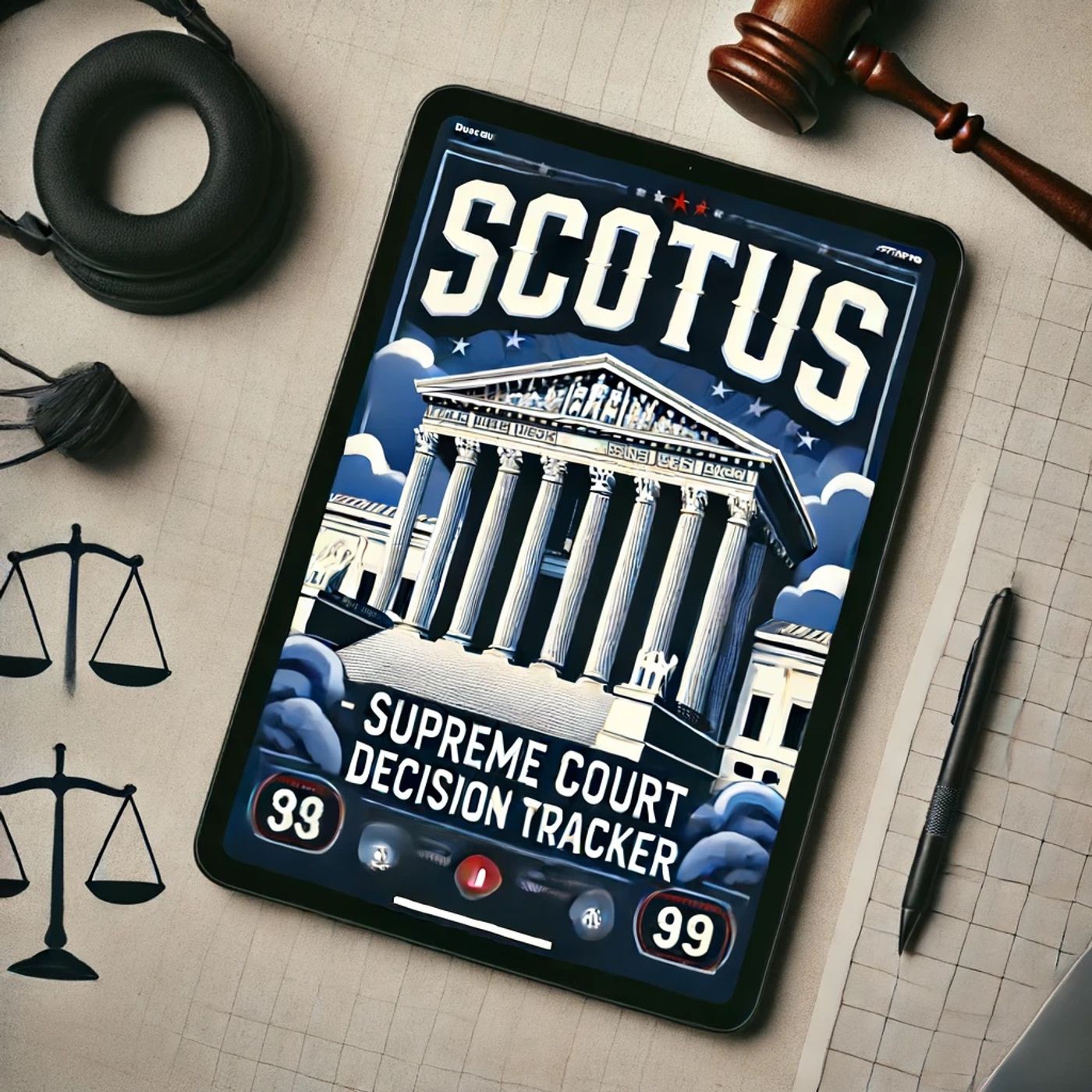Podcast Episode Details
Back to Podcast Episodes
Supreme Court Showdown: Presidential Tariff Powers at Stake in Landmark Cases
Listeners, the latest major development at the US Supreme Court centers on an upcoming oral argument that could fundamentally reshape presidential authority over tariffs. On November 5, the Justices will consider two cases—Learning Resources, Inc. v. Trump, and Trump v. V.O.S. Selections—focused on whether the International Emergency Economic Powers Act, known as IEEPA, gives the president the power to unilaterally impose sweeping tariffs during national emergencies. The stakes are significant, as the law has never before been used this way, and challenger briefs argue it could grant the executive unchecked legislative powers and upend trade relationships, especially after former President Trump's 2025 orders that imposed tariffs on Canada, China, and Mexico.
The legal arguments headed to the Court revolve around key constitutional doctrines. On one side, supporters of the tariffs say Congress intended for the president to have broad latitude during foreign-policy emergencies. On the other, critics invoke the non-delegation doctrine and the major-questions doctrine, claiming Congress cannot hand over such sweeping taxing authority without clear limits or independent review. The Supreme Court’s decision here could set a precedent on the contours of presidential power and Congressional oversight in times of crisis, with implications not just for trade policy but for future executive actions on national emergencies.
Beyond this headline-grabbing case, there's growing attention to the Court's so-called "shadow docket," which refers to emergency decisions made without full briefing or oral argument. The Brennan Center for Justice has just released a comprehensive online tracker cataloging these shadow docket rulings, a transparency effort in response to the Trump administration's repeated emergency filings, and broader concern that quick, unexplained Supreme Court orders can shift US law in substantial ways without the same scrutiny as typical decisions.
Listeners should note no high-profile decisions have been announced in the last several sessions, but the upcoming tariff arguments and growing focus on rapid, emergency filings are setting the tone for what could be a transformative term. Finally, reports point out that the Court continues to handle routine motions, petitions, and important business affecting everything from patent law to criminal appeals, while legal experts nationwide closely watch how the Justices address major questions this fall.
Thanks for tuning in, and don’t forget to subscribe. This has been a quiet please production, for more check out quiet please dot ai.
For more http://www.quietplease.ai
Get the best deals https://amzn.to/3ODvOta
This content was created in partnership and with the help of Artificial Intelligence AI
Published on 2 months ago